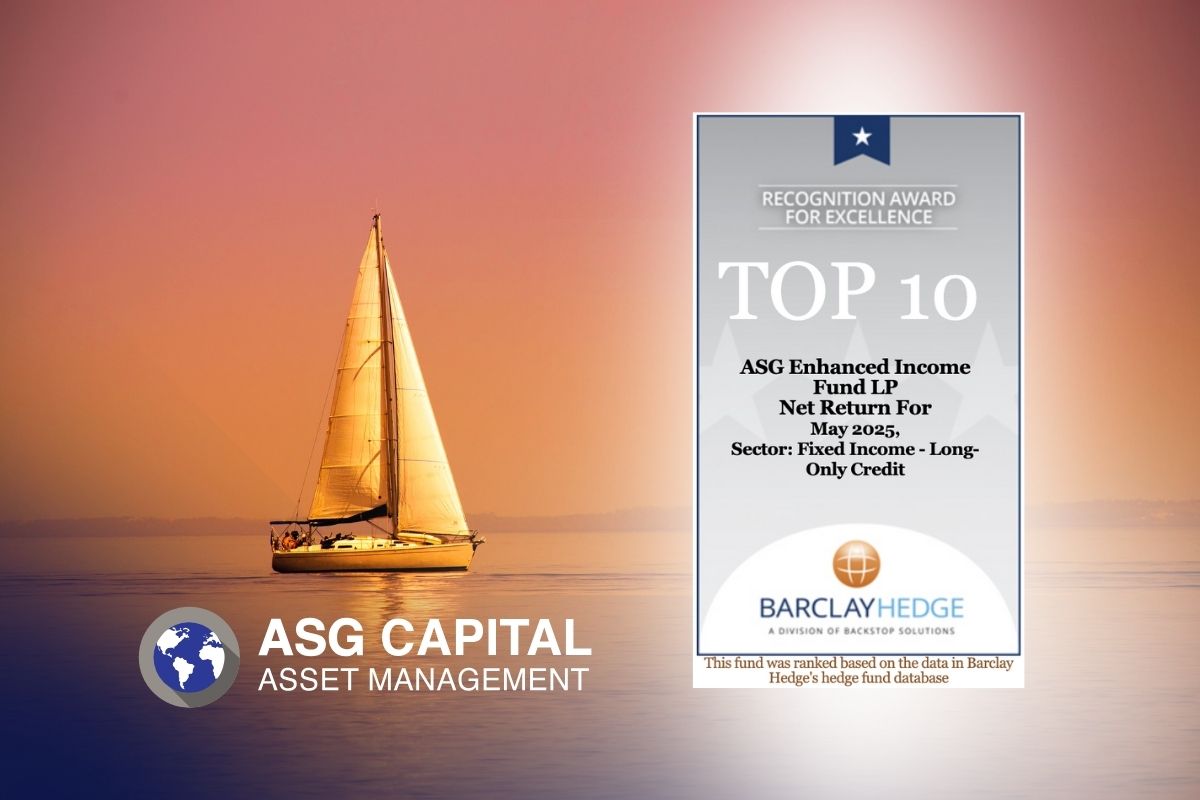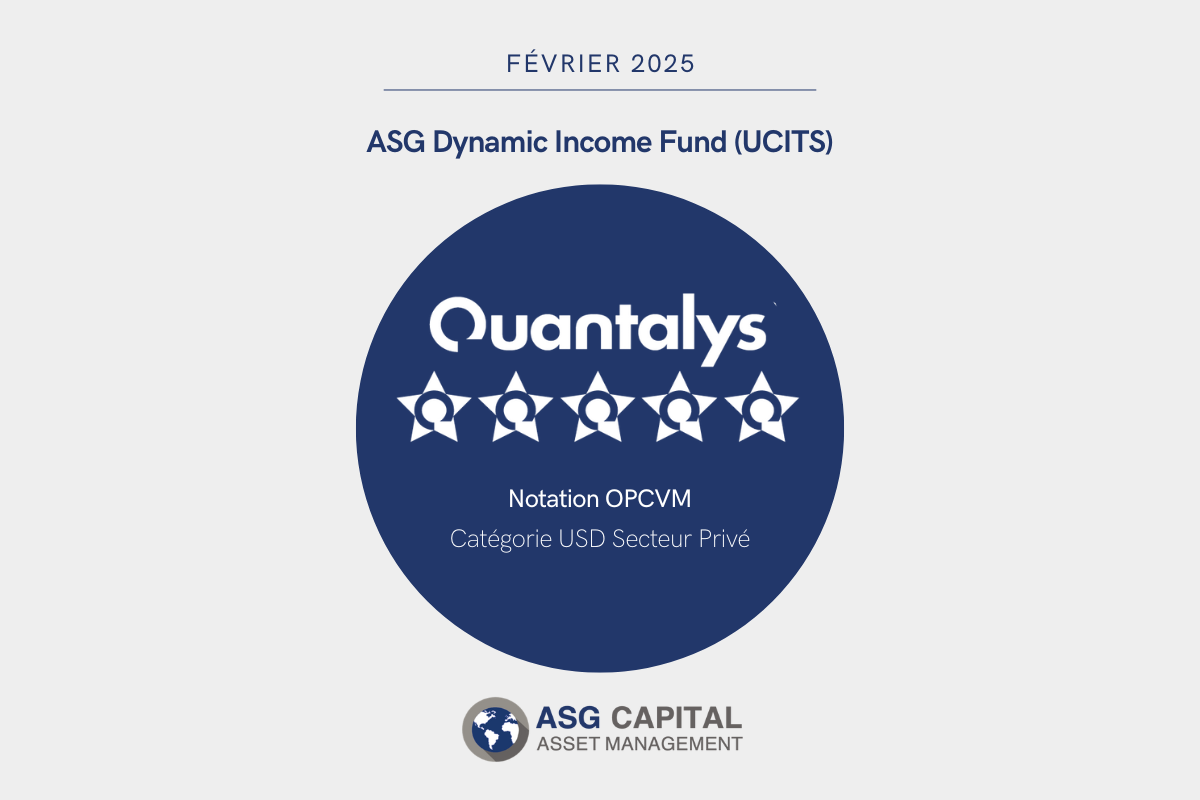Short and concise analysis on concepts or recent events in the financial markets from the ASG Capital Team.
Transcript:
This podcast is called could fat cats be getting even fatter?
After the Silicon Valley bank collapse, U.S. financial authorities made sure all deposits were secured.
Furthermore, Mark to Maturity quality bank board bond portfolios could now be pledged for funding at par at the discount window. Both solutions would avoid erratic movements of funds in and out of different banks while preserving optimal liquidity in the sector.
Last weekend, the Silicon Valley bank, as a whole, was up for sale in search of a white knight. Three buyers manifested themselves but were turned away. Now the race is on to offload salable assets which will be made available to the highest bidder. Most probably, these assets will end up in the hands of our original 3 potential buyers.
As a reminder, it is interesting to heart back on how part of the Lehman assets were picked up by Barclays, who had been considered weeks before as a potential takeover candidate for the bank as a whole.
In the UK, HSBC acquires Silicon Valley’s local operation. As this institution has the financial wherewithal to do so, it seemed a natural fit, with the encouragement and blessing of the British regulator, larger banks operating in tandem with the monetary authorities may end up picking up assets on the ship following the recent banking debacle. The systematic recourse for larger bank institutions to be involved by the monetary authorities is understandable as the size of a balance sheet and reputation of the institution are both key to maintain an even keel in our capitalist credit system.
However, this begs the question as to the implications of over concentration in the banking sector. But let’s worry about that problem later. Once the dust settles, banking fat cats are likely to come out of the present banking crisis even more powerful as they acquire assets of distressed banks for a song.
This podcast is for information only. It should not be considered as investment advice. We would recommend seeking professional investment advice when allocating to any asset.



